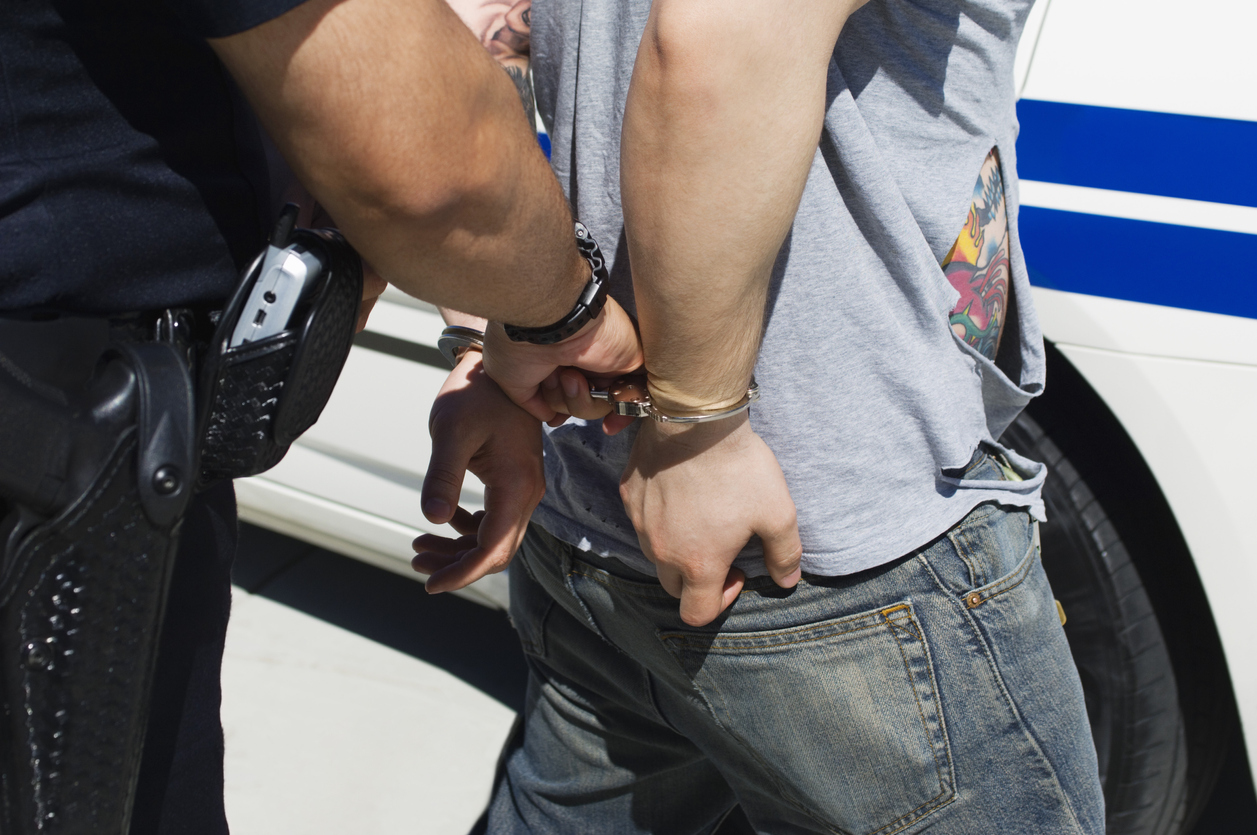
What to Do When You’re Arrested for the First Time in Florida
An arrest can be terrifying, especially if you don’t know what to expect. You might not realize you’ve done anything illegal, or a bad situation may have gotten out of control. Regardless of the circumstances, you still have rights, and you should remain calm to avoid jeopardizing your case in any future legal action.
While no one can ever be prepared for an arrest, it is important to learn the steps to take if you or a loved one has recently been arrested for the first time in the State of Florida. Take a look at the following list to learn more about the process and how to approach it.
Cooperate with the Arresting Officer
Although you may be innocent, resisting arrest or failing to cooperate with a police officer can create more trouble and make your situation much worse. Resisting arrest is an especially serious charge in and of itself and can even result in a misdemeanor conviction.
Avoid running away from the scene or interacting with the officer in a physical or aggressive manner. Never push or shove police officers, especially during an arrest, as this can lead to assault charges that are often much more severe. Regardless of what you are being arrested for, remain levelheaded and do your best to follow the instructions given to you by the officer.
Once you are taken into custody, police will walk you through the process of obtaining fingerprints and other identifying information. From there, you will be asked to take a mugshot and moved into a temporary holding cell. Continue to cooperate with the officers during this process, as any resistance can be seen as obstruction. Though the entire procedure might feel humiliating or frustrating, do your best to keep a cool head and be as agreeable as you can.
However, cooperation does not mean you should confess to a crime or give the police officers statements, written or oral to them. Please make sure you remember you have the right to not incriminate yourself and you can remain silent as to police questioning regarding the facts of any investigation.
Please Remember Your Rights!
The U.S. Constitution guarantees that each citizen is entitled to a fair trial, regardless of their charge. Keep in mind that the constitution also protects you against any searches or seizures without a warrant.
So, what does this mean for you during an arrest? It means that you are not required to submit to a search of your property or possessions. Do not grant consent for a search unless you have your lawyer present. Some individuals report that arresting officers can attempt to manipulate your choices by inviting you to go back into your home and gather your belongings. If the police attempt to coerce you into surrendering access to your property, including but not limited to your home, vehicle, or business, simply refuse politely and remain quiet until an attorney is present.
On the subject of remaining quiet, the Miranda law states that “you have the right to remain silent” and that “anything you say can and will be used against you in a court of law.” While you may be tempted to proclaim your innocence or provide supplemental information to the officers that you feel might exonerate you, it is best to simply keep your thoughts to yourself until you are in the presence of a legal representative who is on your side. If you find yourself being offered deals or compromises by your arresting officer, do not engage in the conversation and remain silent instead.
Be Aware of What Happens after an Arrest
Once you have been taken into custody, you will be escorted through the booking process. As mentioned above, it is best to continue your cooperation with the police while you are being added to their system.
After being processed, you will be given the opportunity to make both a personal call and a call to an attorney. It is important that you start the process of contacting a criminal defense attorney as soon as you are able. Thanks to the Sixth Amendment, you have the right to legal counsel, even if you cannot afford it. If you find that you cannot reasonably take on the financial responsibility of an attorney, you will have one appointed to you.
You may have a bail posted, and you may end up staying in a holding cell overnight. Keep in mind that the situation is a temporary one. Due to the rights of citizens to have a fair and speedy trial, many prosecutors will decide your charges within an average of 72 hours. If they find that there are no charges which can be lobbied against you, they will be dropped and you will be released.
Get Help from Criminal Defense Attorneys in Florida
After you are arrested, timing is crucial. Every moment that you are in police custody without a criminal defense attorney present is a critical one. Ensure that your rights are being protected—call The Umansky Law Firm to find out how you can leverage your defense and navigate the justice system. Our advocates will work with you, day or night, because we believe that everyone deserves a second chance.
Our team of defense attorneys in Orlando is equipped with over 100 years of combined experience. To find out how we can help your case, contact us online or call our office today.


